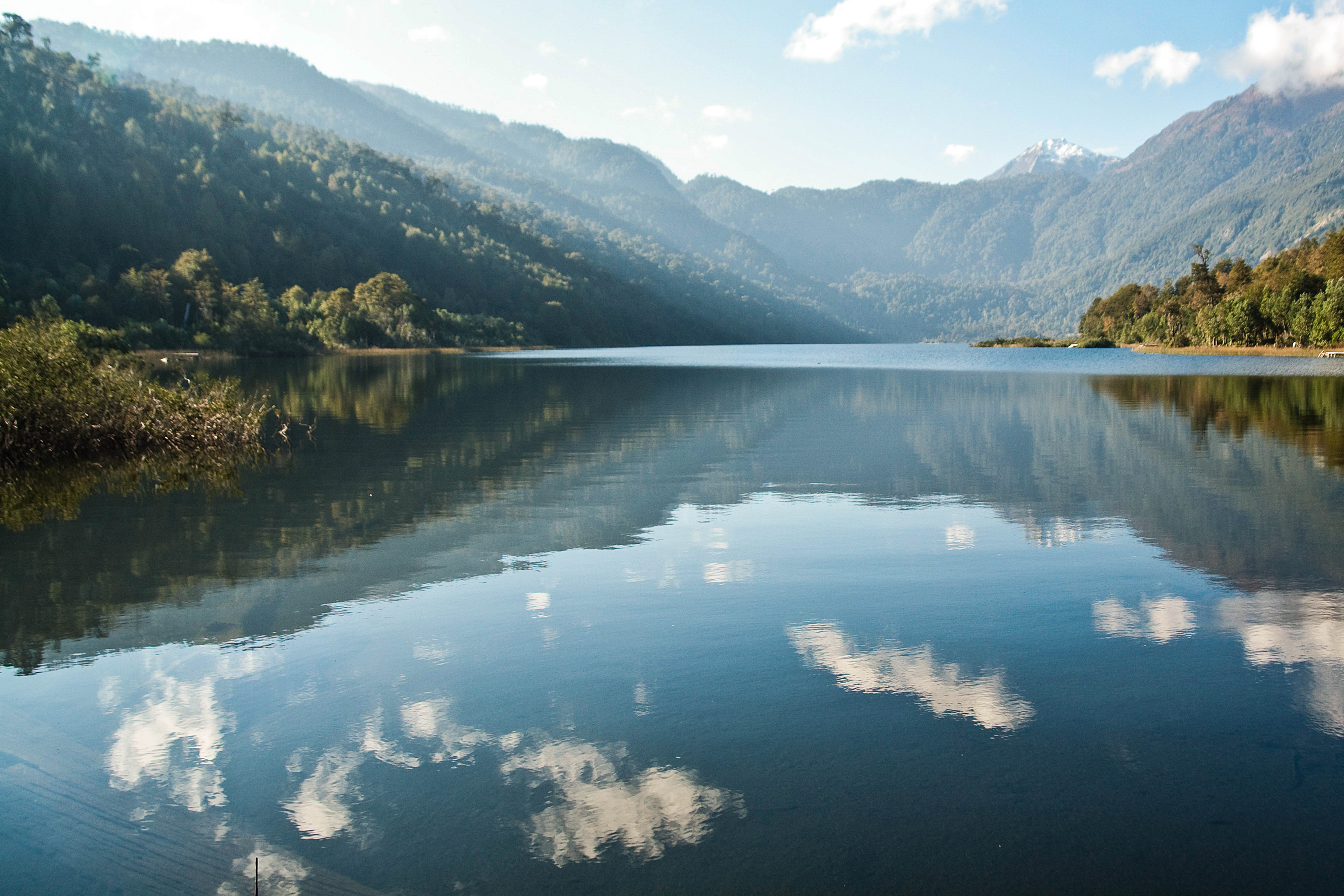
Ara Ake, the future energy centre of Aotearoa, alongside US-based partner Elemental Excelerator, have launched a global innovator search for a “Decarbonisation Challenge”.
The goal is innovative solutions to the challenges that electricity distribution businesses (EDBs) face as New Zealand transitions to a decarbonised future.
“EDBs must support this transition in a way that ensures access to electricity remains equitable and affordable for customers and that those experiencing energy hardship can actively participate in the benefits of a low carbon future,” says Ara Ake chief executive, Dr Cristiano Marantes.
With the drive to decarbonise industrial heat, an increasing interest in distributed energy resources (DER) such as small and medium scale solar installations, and the untapped potential of future flexibility services, EDBs are seeking optimisation of network investment and to de-risk network asset management.
One of the challenges that New Zealand EDBs face is investing, managing, and operating their networks to support New Zealand towards its sustainability goals, while continuing to deliver a fit-for-purpose, safe, secure, and, very importantly, equitable electricity distribution service.
“Each of 29 EDBs play an important role in the transition, and we see this initiative bringing considerable benefits by addressing their collective challenges,” says Dr Marantes.
“It’s great to see Ara Ake collaborating across the sector to attract global innovation that support EDBs on their decarbonisation journey, while maintaining affordability. We look forward to seeing how this global initiative can enhance innovation in the New Zealand electricity sector to reduce emissions and inequity,” says Electricity Networks Association Chief Executive, Graeme Peters.
The participating EDBs include Aurora Energy, Counties Energy, Orion, Powerco, The Lines Company, Unison, Waipa Networks, and Wellington Electricity.
EDBs require optimised visibility, management and forecasting of peak demand and network constraints.
“Electricity demand is forecast to significantly increase over the next 2 decades, and having a solution that provides more insight into future electricity demand and network constraints will help to optimise network investment going forward and improve customer experience,” says Aurora Energy General Manager Asset Management and Planning, Glenn Coates.
EDBs are also seeking pilot-ready technologies that can expedite the distributed energy resources (DER) connection process, to support the growth in solar installations.
“Solar connection requests from customers are increasing, and we seek solutions that will make the application and network assessment process much more efficient and timely, to enable successful integration of these low carbon solutions for our customers,” says Unison Networks Chief Operating Officer, Jaun Park.
“We’re committed to enabling Aotearoa’s energy transition and support opportunities to collaborate and innovate as we work towards a net-zero carbon economy. To achieve this by 2050, New Zealand needs a more flexible regulatory environment that encourages timely investment in infrastructure as opposed to a ‘just in time’ delivery approach, to ensure networks don’t constrain decarbonisation efforts and progress,” says Powerco Chief Executive, James Kilty.
Elemental Excelerator is supporting Ara Ake in a global search for innovators with the relevant, pilot-ready technology to apply and pitch their solutions to EDBs.
“We are anticipating a wide range of global energy innovators to apply, with the opportunity to pitch their solutions in November, and ultimately support New Zealand EDBs on their decarbonisation journey,” says Elemental Excelerator’s Head of Corporate Partnerships, Saritha Peruri.
The application window for innovators to apply with their solutions is now open until 4 October.
The shortlist of up to 6 innovators will then get the opportunity to pitch their energy solutions to a panel of EDB CEO judges in mid-November and the winners will be supported to pilot their technology with at least one EDB, with the goal of scaling to commercial deployment across a number of EDBs.